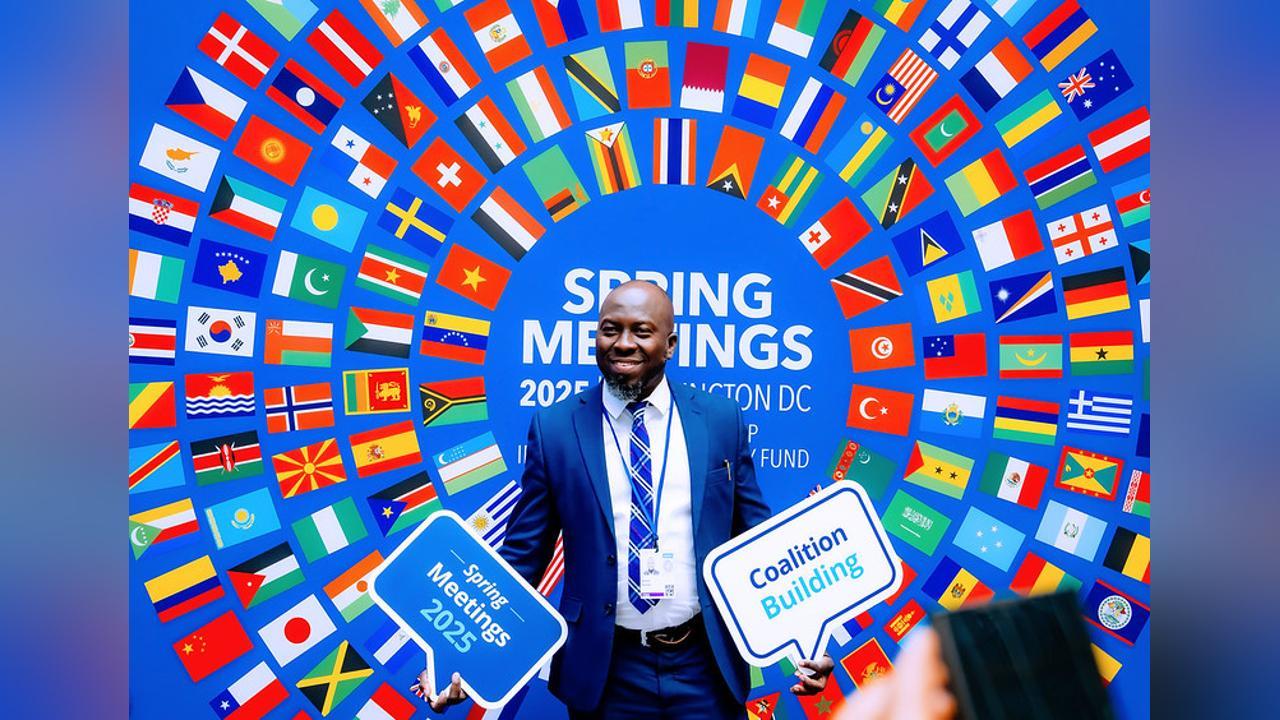Nigeria Fully Commits to AfCFTA, Gazettes ECOWAS Tariff Schedule and Waives Duties

Nigeria has taken a significant step towards bolstering its participation in the African Continental Free Trade Area (AfCFTA) by officially gazetting and transmitting its ECOWAS Schedule of Tariff Offers for Trade in Goods to the AfCFTA Secretariat. This move, announced just ahead of the 16th meeting of the AfCFTA Council of Ministers (COM) in Kinshasa, Democratic Republic of Congo, signals Nigeria's readiness to actively engage in trade under the agreement.
Dr. Jumoke Oduwole, the Minister of Industry, Trade, and Investment, emphasized that this milestone will enable Nigerian exporters to access preferential tariff rates across African markets, thereby positioning Nigeria as a key player in both regional and global trade. According to a statement issued by the ministry's Director of Press and Public Relations, Dr. Adebayo Thomas, this development underscores Nigeria's commitment to leveraging Africa's single market to drive economic transformation.
The AfCFTA agreement aims to eliminate duties on 90 percent of tariff lines for trade in goods, enhancing Nigeria's market competitiveness and expanding trade opportunities throughout the continent. With the signing of the ECOWAS Schedule of Tariff Offers by President Bola Tinubu, Nigeria reinforces its dedication to regional trade expansion and strengthens its role in shaping intra-African trade. This initiative facilitates the seamless shipment of goods to and from Nigeria, unlocking new opportunities for businesses, manufacturers, and exporters.
The gazetting of the Schedule of Tariff Concessions is expected to yield substantial benefits, including boosting economic growth and job creation by reducing trade barriers, strengthening regional integration and trade relations through enhanced economic ties, and supporting Nigerian SMEs by lowering costs and encouraging market expansion. Nigeria's commitment to AfCFTA implementation enhances its attractiveness as a destination for both foreign and intra-African investment, solidifying its position as a trade hub in West Africa.
However, stakeholders emphasize the need for stronger engagement from African Trade Ministers to address non-tariff barriers that could impede market access. Additionally, improving productive capacity and ensuring compliance with international standards are crucial to maximizing the benefits of the agreement.
In July 2024, Nigeria further solidified its leadership in regional trade and integration by formally gazetting the Schedule of Tariffs for Trade in Goods. This ensures that Nigerian goods can access other markets competitively and profitably. This reciprocal trade arrangement aligns with the directive of the 35th Ordinary Session of the Assembly of Heads of State and Government of the African Union in February 2022, allowing other AfCFTA State Parties to accept consignments from Nigeria under the agreement.
Under its preferred classification, Nigeria’s tariff reductions for trade in goods will follow a phased approach over 10 years, starting in 2021. By 2025, the fifth year of AfCFTA implementation, a 50 percent tariff reduction on NGN, implemented at a rate of 10 percent per year, should immediately affect goods in trade with least developed countries in Africa. For trade with developing countries on the continent, Nigeria retains the flexibility of complete tariff elimination (zero percent) effectively immediately under AfCFTA, applying a 20 percent reduction annually.
The gazetting announcement follows the AfCFTA digital trade mandate announced in February in Addis Ababa, where President Tinubu received commendation for his work on digital trade, further reinforcing Nigeria’s commitment to regional and continental trade integration. As a digital trade co-champion, Nigeria is advancing seamless trade facilitation and cross-border commerce, ensuring businesses, especially SMEs, can fully benefit from the AfCFTA framework.
Reinforcing Nigeria’s commitment to regional trade expansion, President Bola Tinubu signed the Economic Community of West African States (ECOWAS) Schedule of Tariff Offers, establishing zero duties on 90 per cent of goods traded within Africa. At the AfCFTA Council of Ministers meeting in Kinshasa, Democratic Republic of Congo, the President officially signed and submitted the ECOWAS Tariff Offer, strengthening the country’s role in shaping the future of African trade and unlocking new opportunities for businesses and exporters. At the meeting, Nigeria also gazetted its AfCFTA Provisional Schedule of Tariff Concessions (PSTCs), becoming the 23rd AfCFTA state party to comply.
The Federal Minister of Industry, Trade and Investment (FMITI), Dr Jumoke Oduwole, described the development as a big win for Nigerian businesses. She stated: “As Nigeria commences on our implementation review of five years of AfCFTA, we have been reflective on the journey so far. What is clear is that Nigerian entrepreneurs are more than ready to take on the challenge to move across borders. To celebrate this feat, we are supporting them as a government with everything needed, including the implementation of the tariff gazetting for our AfCFTA schedules.
Hailing the achievement, she welcomed other businesses and entrepreneurs into the market. On what the AfCFTA agreement means to the Nigerian economy, she said it is an opportunity for Nigeria’s entrepreneurs to take their goods outside Nigeria and earn much-needed foreign exchange.









